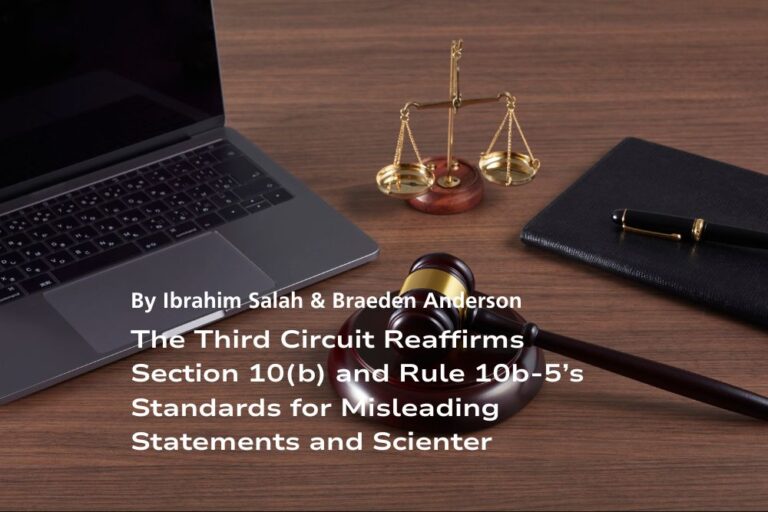Go ahead
News & Insights
department
articles
Fintech and Regulatory | News and Insights
AI and MNPI: A New Frontier for Insider Trading Regulation
Fintech and Regulatory | News and Insights
PREDICTION MARKETS, SPORTSBOOKS, AND SELIG’S CFTC: A JURISDICTIONAL INFLECTION POINT
Corporate & Litigation | News and Insights






